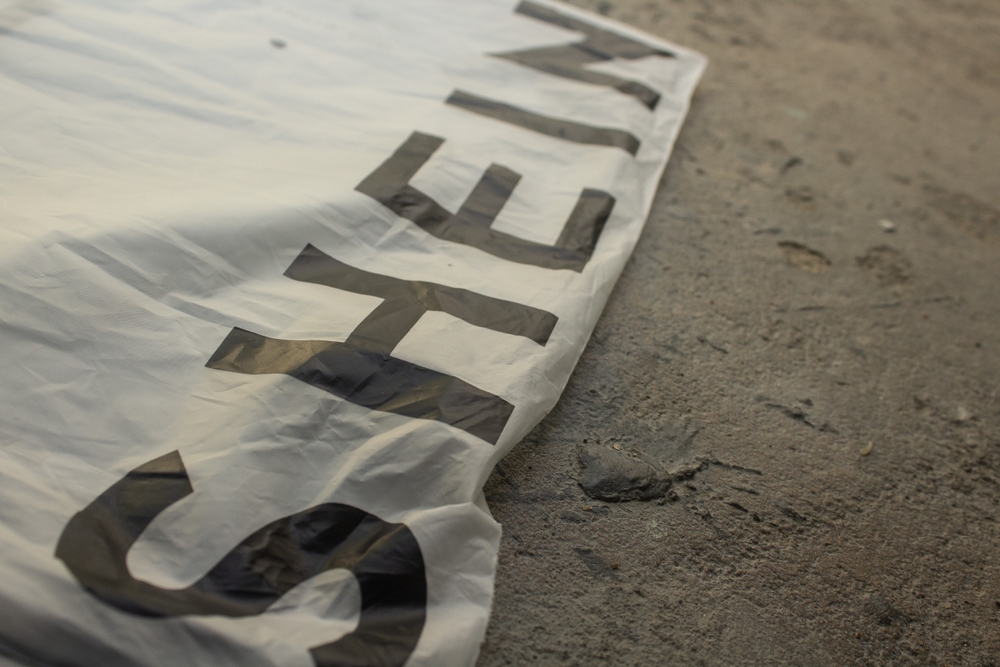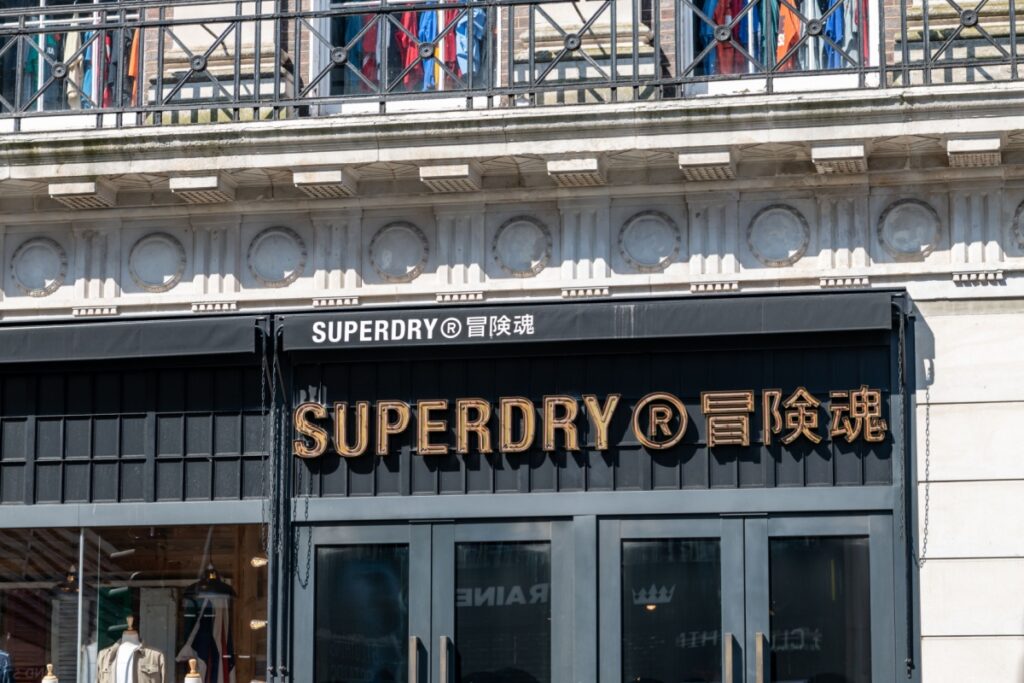It‘s understood that Jimmy Choo, the luxury footwear brand, has been accused by one of its former founders of anti-competitive conduct. Reports differ slightly, but Tamara Mellon, a former founder and now rival to the brand, has allegedly accused high fashion house of threatening leather suppliers in Florence to ensure they stop working with Mellon‘s new rival company.
Other sources report that the boycott of her brand was not made by threat but was instead due to the terms contained in agreements which Jimmy Choo has with a large number of leather suppliers. As a result of the alleged conduct, Mellon states that her start up luxury brand has been having difficulty finding suppliers and has been disadvantaged in the market.
If the allegations are correct, Jimmy Choo may be infringing Article 101 of the TFEU (Treaty on the Functioning of the European Union), an EU wide prohibition against anti-competitive agreements and/or Article 102 of the TFEU which regulates the unfair conduct of companies in powerful market positions. Similar prohibitions exist in national Member State competition law and are used if the effect of the disputed conduct is national in nature.
The TFEU is primarily enforced by the EU Commission which takes on bigger cases with an EU wide dimension but also by national regulators in solely domestic cases. In this case, the Italian competition authority is likely to be the most appropriate investigating body.
The public nature of the accusations and the fact that they have been leaked, whether intentionally or not, is the most prominent feature of this matter. If they were leaked intentionally, Mellon and her legal advisors may have concluded that they were unlikely to find evidence of infringement themselves and would instead attempt to peak the competition regulators‘ interest in Jimmy Choo‘s supply agreements.
Regulators are best placed to look into these types of allegations to ascertain whether they have merit; they have wide powers to investigate, to request information, interview witnesses and seize documents. Where infringement is found and where companies are fined by regulators, private parties such as Mellon can then pursue the infringer for damages following the regulatory decision, without having to ascertain the wrongdoing as that will have already been established.
However, it would be necessary for the regulators to prove that there was some level of agreement between the suppliers and Jimmy Choo in relation to boycotting Mellon‘s company or that Jimmy Choo entered into a network of individual agreements which had unlawfully foreclosed its rival from sources of supply. In some circumstances, even a pattern of behaviour will suffice, such as, for example, suppliers working with Ms Mellon for a time, then refusing to continue to work with her following conversations with or public statements by Jimmy Choo.
Alternatively, if Mellon can prove that Jimmy Choo is in a dominant position in the market of luxury Italian footwear, she may be able to build a case upon the accusation that Jimmy Choo has abused its dominant position in imposing what effectively is a boycott of Ms Mellon‘s newer brand.
Of course, the claims and behaviour mentioned in this article are only alleged and may not have merit.
Paula Levitan (Partner), Robert Bell (Partner) and Roman Madej (Associate), Bryan Cave LLP


















